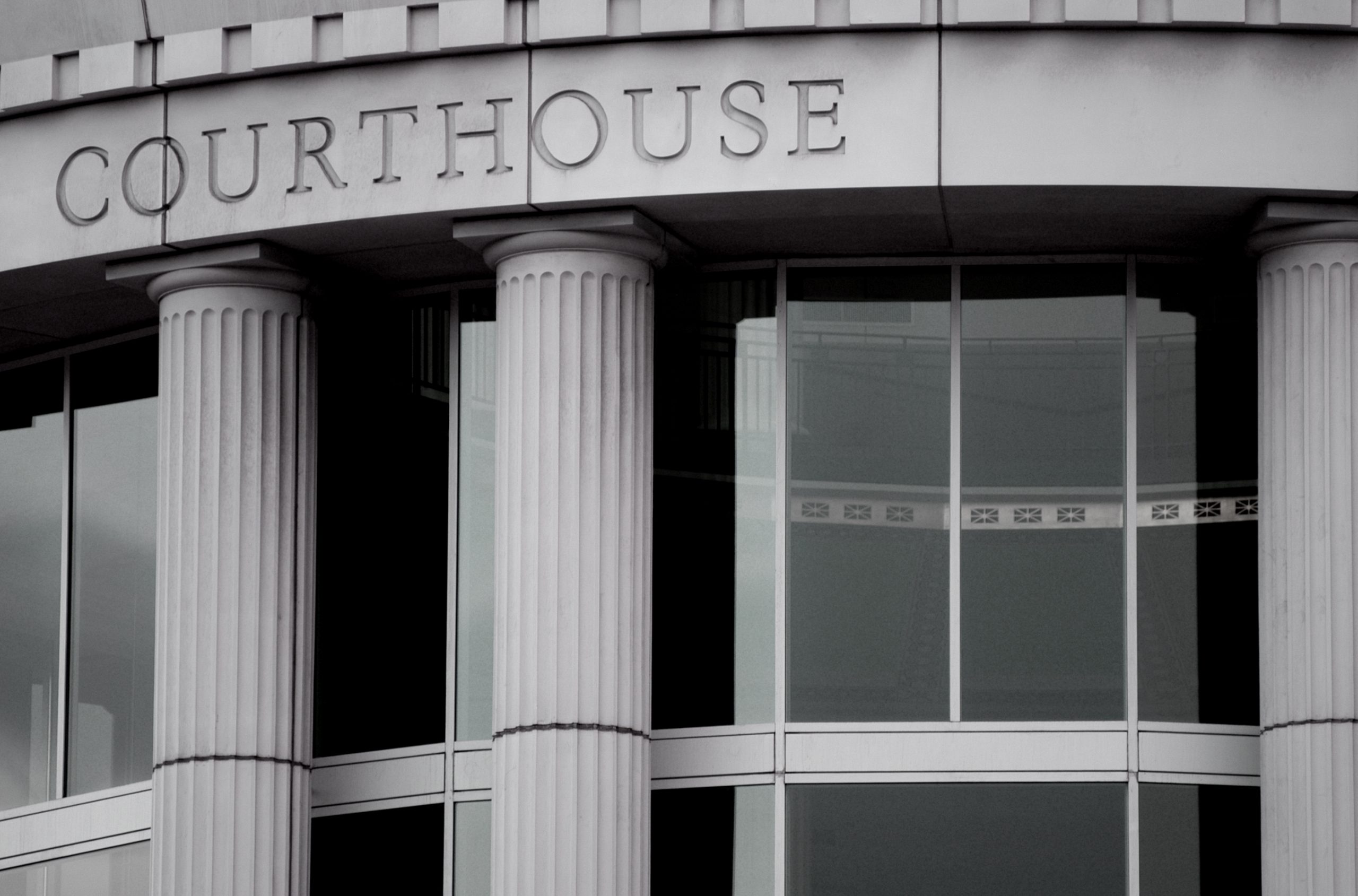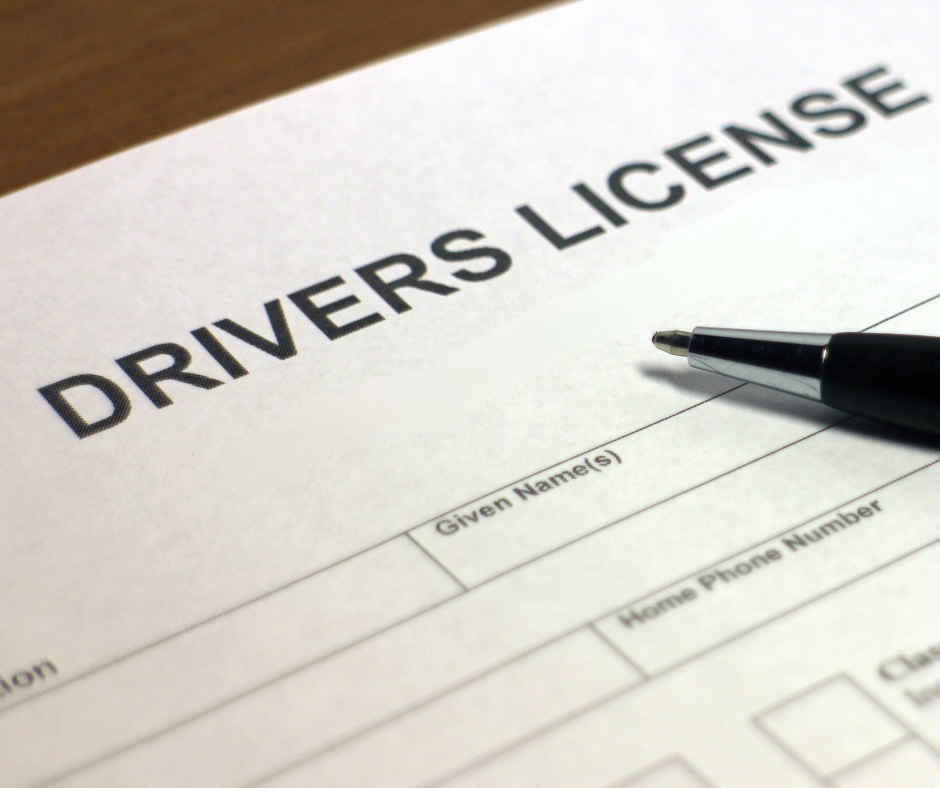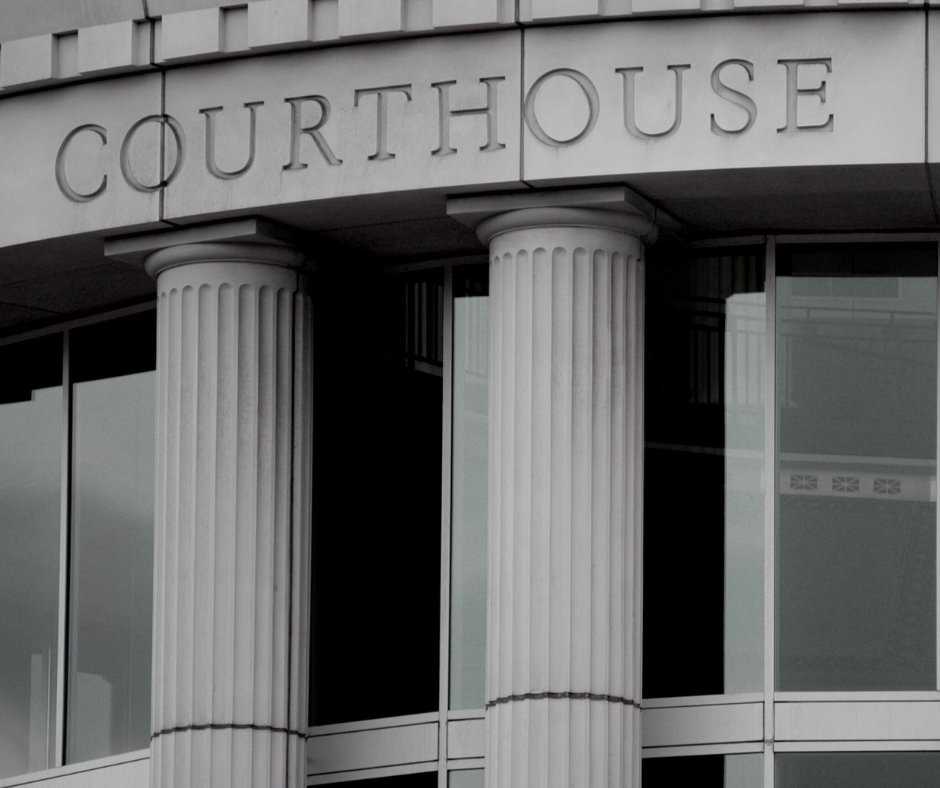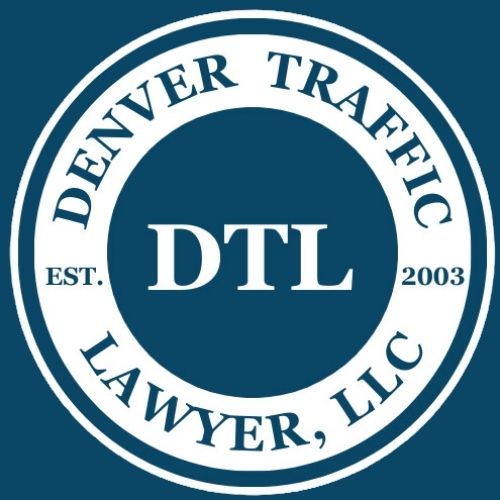Denver Traffic Lawyer
Colorado Springs Traffic Lawyer
Payments
Accepting major credit cards, cash, personal checks, bank checks, & money orders.

Traffic Ticket Classifications
Ticket Classifications

Various Ticket Classifications exist in the State of Colorado. The possible penalties and consequences for a conviction of a violation depend upon the category and class of the charge. In Colorado, there are six categories for criminal and traffic charges. However, only five of the categories apply to driving violations: Traffic Infractions, Petty Offenses, Misdemeanor Traffic Offenses, Misdemeanors (unclassified), and Felonies.
Get a FREE Consultation! Please complete this form OR send a text to (303) 625-9400 for information about Traffic Ticket Classifications.
Civil Traffic Infractions (Non-Criminal Charge)
Class A and Class B Traffic Infractions

Many minor traffic violations are classified as Class A Traffic Infractions or Class B Traffic Infractions, which are civil charges. Often, in cases where the driver is 18 years or older, these types of tickets can be paid by mail. This means without a court appearance according to the instructions provided on the ticket or by instructions later mailed to you by the court.
In cases where the driver is under 18 years old, the driver cannot mail in the penalty assessment and must appear in court with a parent or legal guardian.
Examine Your Ticket Closely To See If You Can Pay By Mail…
In some cases, the ticket will advise you of the option of mailing in the listed penalty assessment fine amount with added court surcharges and costs within 20 days of the issuance of the ticket. If you have a good driving record, there might be an alternative outcome. The court may mail you (usually sent out 1-2 weeks after the violation date) a follow-up letter advising that the ticket may be paid by mail before a specific due date. Make sure that the ticket has your correct address on it or else you may not receive any additional information that the court mails to you. Directly notify the court if the ticket does not contain your correct address.
If you are allowed to pay the ticket by mail, you must either mail in the penalty assessment fine amount by the due date or you must appear in court on the date listed on the ticket. If your ticket does not have the “penalty assessment” box checked and includes instructions regarding a specific fine amount and how to pay it, then you must appear in court on the date listed on the ticket.
If I Pay The Ticket Within 20 Days, Do I Get A Point Reduction?
It depends. If you were issued a 2, 3, or 4 point ticket, you will receive a point reduction if you pay the ticket on or before the due date (20 days after the date the ticket was issued). Violations originally having an assessment of 3 or 4 points will be reduced by two points and violations having an assessment of two points will be reduced by one point. Violations having an assessment of 1 point do not qualify for a point reduction. See C.R.S. § 42-2-127 for more information. Be sure to read the Alerts to All Drivers and CDL Drivers below.
Keep in mind: If you do pay by mail, your payment will count as a conviction and your driver’s license will be assessed the reduced amounts of points.
Do Not Ignore These Types Of Tickets…
Although these charges are civil in nature and not criminal, serious consequences may result if you do not pay the penalty assessment fine or appear in court to contest the charge. The consequences may include a default judgment against you entered by the court. In this case, the judgment would be sent to bill collections with additional fees and interest added on. Another potential consequence is suspension of your driver’s license (regardless of whether you live in-state or out-of-state) until the judgment is paid. There may be other actions taken by the court to secure a payment from you.
Since these tickets are civil actions and are not criminal, any legal rights and protections that you normally would have may not apply and are limited. For example, often you are not allowed to have a jury if you go to trial and your case may be heard by a magistrate instead of a judge. Accordingly, the only penalties or requirements that can be levied by the court for a conviction are a fine and possible restitution if you did not have liability insurance and someone was injured. An assessment of points to your driver’s license in accordance with Colorado’s DMV Point System is also a possibility and the court cannot assess jail time or probation. However, in some cases involving a driver under 18 years of age, the court must assess community service.
What Are The Differences Between A Class A and Class B Traffic Infraction?
Class A Traffic Infractions – Upon conviction for a Class A Traffic Infraction, points are assessed to your driver’s license in accordance with Colorado’s DMV Point System.
Class B Traffic Infractions – Many Class B Traffic Infractions are zero (0) point charges, and no points will be assessed to your driver’s license. A few Class B Traffic Infractions are one or more point charges and the points will be assessed to your driver’s license. However, these points do count toward any driver’s license Point Suspension.
What Is The Fine Amount For A Traffic Infraction Ticket?
The fine schedule for a Traffic Infraction is: A minimum amount of $15.00 up to a maximum amount of $100.00 plus additional court surcharges and costs. As mentioned, a point assessment may occur to your driver’s license, depending upon the violation.
Can I Get A Ticket Dismissed By Merely Hiring An Attorney?
No. While some states dismiss traffic tickets upon the hiring of an attorney who completes certain paperwork, Colorado does not work the same way.
Petty (Unclassified) Offenses
What is an Unclassified Petty Offense?
Some minor traffic charges are classified as Unclassified Petty Offenses. This class of charges requires a mandatory court appearance and a conviction. In some cases, this may result in a jail sentence, a fine or other penalties and sentence requirements, as provided for in the specific statute for any violations.
Do not ignore the court date listed on your summons. If you fail to appear on your court date, serious consequences may result. These include the issuance of an arrest warrant and a requirement that you post a bond to ensure your presence at future court dates. Additionally, this can include a suspension of your driver’s license (regardless of whether you live in-state or out-of-state) until the arrest warrant is resolved, and other actions taken to secure your presence in court.
If you get a conviction for a Petty Offense, points are assessed to your driver’s license in accordance with Colorado’s DMV Point System.
What are the Penalties for an Unclassified Petty Offense Involving a Vehicle?

The possible jail sentence, fine amounts, and other penalties and court sentencing requirements for unclassified petty offenses are detailed in each of the specific statutes for the violation. Colorado law provides: “Any misdemeanor or petty offense defined by state statute without specification of its class shall be punishable as provided in the statute defining it.” C.R.S. § 18-1.3-504.
Misdemeanor Traffic Offenses
Class 1 and Class 2 Misdemeanor Offenses

Moderately serious traffic charges are classified as Class 1 Traffic Misdemeanor Offenses or Class 2 Traffic Misdemeanor Offenses. These types of charges cannot be paid by mail and a court appearance is required. In some cases, depending upon the misdemeanor class and nature of the charge, an attorney may be retained to go to court in place of the driver. Class 1 Traffic Misdemeanor Offenses are more serious than Class 2 Traffic Misdemeanor Offenses.
A Misdemeanor Traffic Offense is exactly as its name states — a misdemeanor criminal charge. A conviction for this class of violation may result in a jail sentence of up to one year and hefty fines and costs. Other potential consequences include probation for 12 months or more, required drug or alcohol counseling, useful public service, restitution, and other penalties or sentence requirements.
Do not ignore the court date listed on your summons — you must appear in person, except in some cases where it is possible to retain an attorney to appear in your place. If you or your attorney fail to appear on your court date, serious consequences may result, including the issuance of an arrest warrant. Other consequences include a requirement that you post a bond to ensure your presence at future court dates. Additionally, a suspension of your driver’s license (regardless of whether you live in-state or out-of-state) until the arrest warrant is resolved, and other actions taken to secure your presence in court.
If you get a conviction for a Class 1 or 2 Misdemeanor Traffic Offense, points are assessed to your driver’s license in accordance with Colorado’s DMV Point System.
What Are The Differences Between A Class 1 and Class 2 Traffic Misdemeanor Offense?
Class 1 Traffic Misdemeanors – The penalties for this class of misdemeanors include: A fine of a minimum of $300.00 up to a maximum of $1,000.00. Additionally, a jail sentence of 10 days to 1 year (usually only ordered in cases where there are aggravating factors, such as repeat violations, injury to a person, or reckless indifference to the safety of others). Other consequences may include community or useful public service and probation for 12 months or longer. A court may require alcohol or drug counseling, restitution, and other penalties and more. Upon conviction for a Class 1 Misdemeanor Offense, points are assessed to your driver’s license in accordance with Colorado’s DMV Point System.
Class 2 Traffic Misdemeanors – The penalties for this class of misdemeanors include: A fine of a minimum of $150.00 up to a maximum of $300.00. Additionally, a jail sentence of 10 days to 90 days (usually only ordered in cases where there are aggravating factors, such as repeat violations, injury to a person, or reckless indifference to the safety of others). A court may require community or useful public service and probation for 12 months or longer. Other consequences may include alcohol or drug counseling, restitution, and other penalties and more. Upon conviction for a Class 2 Misdemeanor Offense, points are assessed to your driver’s license in accordance with Colorado’s DMV Point System.
Misdemeanor (Unclassified) Charges
What is an Unclassified Charge?

Serious traffic charges are classified as Unclassified Misdemeanors. This class of charges requires a mandatory court appearance and a conviction may result in a jail sentence. It may also lead to hefty fines and costs, probation for 12 months or more. The court may require drug or alcohol counseling, community or useful public service, and restitution. Other penalties and sentence requirements may be defined, as provided for in the specific statute for any violations.
Do not ignore the court date listed on your summons. If you fail to appear on your court date, serious consequences may result. These include the issuance of an arrest warrant and a requirement that you post a bond to ensure your presence at future court dates. Other consequences may include suspension of your driver’s license (regardless of whether you live in-state or out-of-state) until the arrest warrant is resolved, and other actions taken to secure your presence in court.
If you get a conviction for an Unclassified Misdemeanor, points are assessed to your driver’s license in accordance with Colorado’s DMV Point System and your driving privileges may be restrained as provided for in the statute for the violation.
What Are The Possible Penalties For An Unclassified Misdemeanor Involving A Vehicle?
The possible jail sentence, fine amounts, and other penalties and court sentencing requirements for unclassified misdemeanors are detailed in each of the specific statutes for the violation. Colorado law provides: “Any misdemeanor or petty offense defined by state statute without specification of its class shall be punishable as provided in the statute defining it.” C.R.S. § 18-1.3-504.
Felony Criminal Charges
What is a Felony Criminal Charge?

Felonies are the most serious of criminal charges involving a motor vehicle. The class of felony charges includes: Criminally Negligent Homicide, Vehicular Homicide, Vehicular Assault, Manslaughter Involving a Motor Vehicle, Vehicular Eluding, Leaving the Scene of an Accident Involving Serious Bodily Injuries or Death, Commission of Felony Involving a Motor Vehicle, and Felony Distribution of Drugs Involving a Motor Vehicle.
Felonies are very serious charges and a conviction may result in a substantial prison sentence, huge fines, lengthy probation, required drug or alcohol counseling, useful public service, restitution, and other penalties or sentence requirements.
The purpose of this website is to provide comprehensive information about non-felony Title 42 traffic charges, including Misdemeanor Traffic Offenses, Unclassified Misdemeanors, Petty Offenses, and Civil Traffic Infractions. Accordingly, information regarding felony criminal charges is not detailed in this website and we suggest that you speak directly to a criminal defense attorney about any felony charges.



 Next: Read
Next: Read